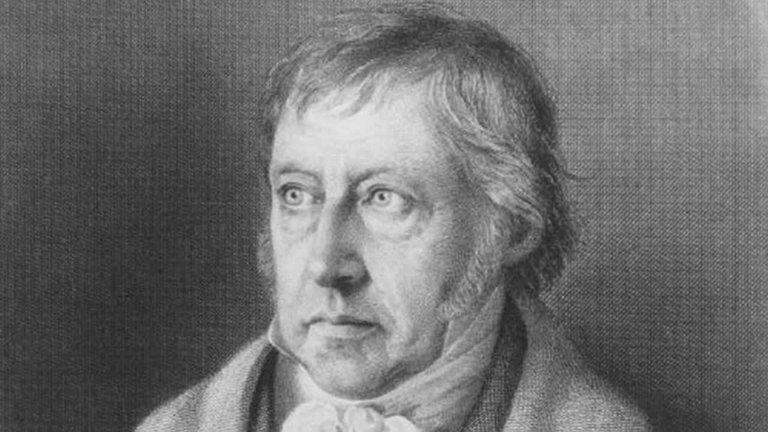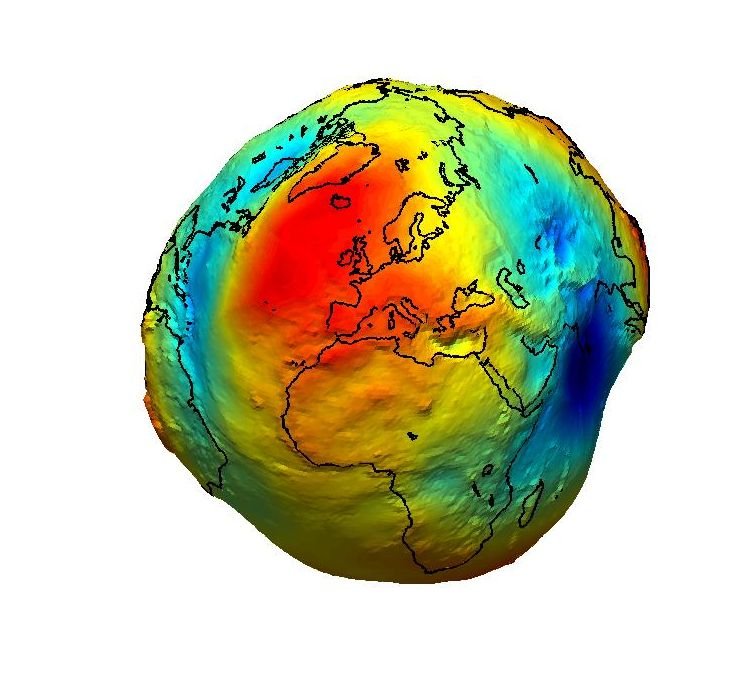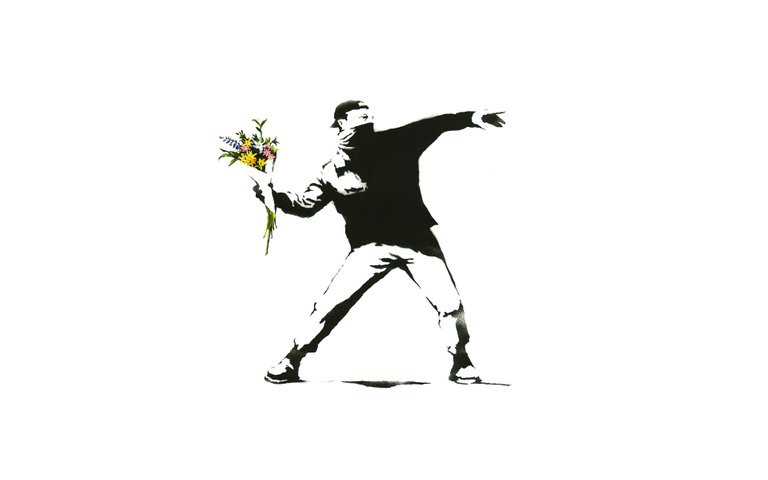What is truth?
There are different ways to get at the truth: By a politely request, private detectives, coroner, torture, or sodium thiopental – the truth drug. But that's not really the truth that we are looking for. The question what "truth" is, is part of the central problems of philosophy and has been answered in different manners by different liberal thinkers over time. Aristoteles saw the truth in the overlapping consensus of as much people as possible. So if many people believe in the same thing, is it automatically true? That would mean that Elvis is still alive, santa delivers presents through a chimney, and David Copperfield is able to levitate your grandmother.

No. It also has to be generally accepted ...
... At least that is how monk Thomas von Aquin in mediaevil times, and later, in the 19th century also other thinkers like Kant and Hegel thought about it. Proof has to be furnished, be accepted by society and then it becomes true. Truth is, in this context, defined as: "Correspondence between knowledge and existence". Later - within the reflections of dialectical materialism – one specified it. Within this one differentiates between relative and absolute truth. Both of them together biuld a unit, an area of tension, which supports getting at the truth.

(Georg Hegel)
An absolute truth is that the earth is a sphere ...
... but this truth is improvable and can get relativised: Because of the rotation and the forces of the poles, the Earth is not completely round, it's not a geoid. So from time to time the relative truth gets "updated", there is no final, perpetual truth. In times of the idealism, the focus had been set on the individual. What is meant by this is that origin, cultural leverage, parenting and moral core values have a huge effect on how we view the world and it's truths.

So does every human being has it's own truth? ...
... Is it even possible that there is a neutral perspective of what the truth is? There is no proof, but there is no disproof either! At most, it's nearly certain. Because there are things that are just true, no matter if you proofed them or not. The undoubtedly verisimiltude – or just "evidence". A statement is true, if its contention correlates with reality. This "theory" had also been focused on in the american pragmatism of the 70's. A philosophical category based on the believe that you should be satisfied with what you have (or don't have). A bird in the hand is worth two in the bush. Because sometimes you dont need prove, as long as you understand eachother. The truth of a contention depends on if one can sole based on arguments, create a general consensus.

We understand eachother and thats why we can realize what "the" truth is.
We know what we mean and what we talk about.
We find common ground.
That is the truth!
__________________________________________________________________________________
An article written by Kevin Drehler from germany, also known as @steemitpolitics. Pictures from 3sat.
©Steemlosophy is a mix of the words "steem" and "philosophy", which i use to describe my new series of articles dealing with philosophical topics on steem(it).

If you like what i am doing, feel free to upvote and follow. Thank you very much, have fun :)